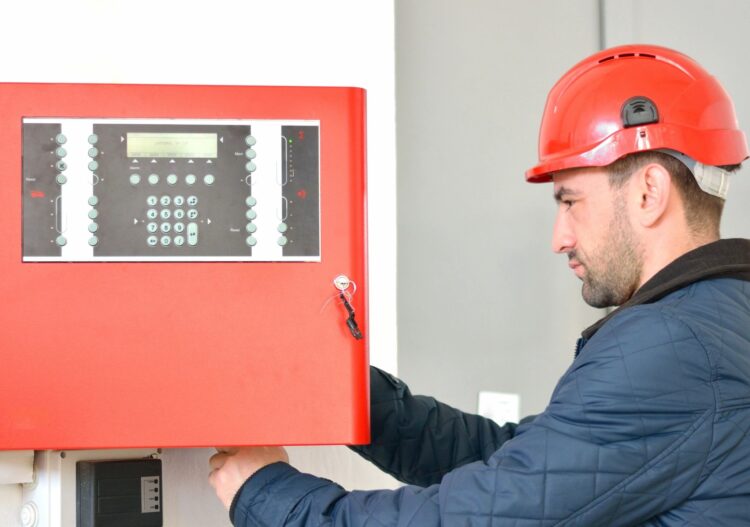Designing a fire protection system is a critical aspect of any building design and construction, especially in Australia where the risk of fire is high. The Australian government has enacted strict regulations on fire protection to safeguard businesses and ensure the safety of occupants. This article explores what factors you need to consider when designing a system that meets the requirements of the Australian Building Code, and that meets your specific needs.
Building occupancy classification
The Australian Building Code classifies buildings into different occupancy types, each with different fire safety requirements. For example, hospitals and aged care facilities have higher fire safety requirements compared to a standard office building. Designers must consider the specific occupancy classification and ensure that the fire protection system complies with the applicable regulations.
Building size and layout
The size and layout of the building determine the number of fire protection systems required. For example, a large building may require multiple fire alarm systems and sprinkler systems to cover the entire area. The building’s layout also affects the placement of fire safety equipment such as sprinklers, smoke detectors, and fire extinguishers.
Fire hazards
Fire hazards are factors that increase the likelihood of a fire occurring in a building. For example, a commercial kitchen with deep fryers and gas stoves is a higher fire hazard than a standard office. Designers must consider fire hazards when designing the fire protection system and ensure that the system can detect and suppress fires quickly.
Occupancy density
Occupancy density refers to the number of people who occupy the building at any given time. A building with a high occupancy density requires a more robust fire protection system to ensure that occupants can evacuate safely in the event of a fire. The fire protection system must detect and suppress fires quickly to prevent the spread of smoke and flames.
Access for firefighters
Firefighters require quick access to the building in the event of a fire. Designers must consider access for firefighters when designing the fire protection system, including the placement of fire hydrants, fire alarms, and fire extinguishers. The design must ensure that firefighters can access the building easily and safely.
Building materials
The materials used in the construction of the building can affect the performance of the fire protection system. For example, buildings constructed with lightweight materials may require additional fire protection systems to prevent the spread of fire. Designers must consider the materials used in the building and design the fire protection system accordingly.
Maintenance requirements
Commercial fire protection systems require regular maintenance to ensure that they are functioning correctly. Designers must consider the maintenance requirements when designing the system and ensure that the building owner can comply with them. Failure to maintain the fire protection system can result in increased fire risk.
Designing a commercial fire protection system in Australia requires careful consideration of several factors. Building occupancy classification, building size and layout, fire hazards, occupancy density, access for firefighters, building materials, and maintenance requirements all play a crucial role in designing a fire protection system that meets the requirements of the Australian Building Code. An accredited designer must work closely with building owners, fire safety engineers, and regulatory authorities to ensure that the fire protection system is compliant and capable of protecting occupants and assets in the event of a fire.
Global fire is a leader in the fire safety industry, and we can work with you to design the best possible fire protection system for your building. Our expert team of qualified electricians, technicians, and competent fire safety practitioners will ensure you have the right system in place that fits your needs and requirements. Reach out to us inquiries@globalfire.com.au or call us on 1300 88 70 18


